PAKISTAN - Inequality in the distribution of educational resources means that a majority of Pakistani students from 'average' schools still lack the skills needed to pursue higher education and develop their careers despite studying English for more than 14 years, according to a recent report.
English is an important language in Pakistan with over 108,036,049 speakers, making it the third largest English-speaking country in the world, according to World Atlas. The English spoken in Pakistan is a variant of the language known as Pakistani English or Paklish.
About 27% of Pakistan's population speaks English as their first language while 58% speak English as a second language.
However, Pakistan ranks only 64th out of 113 countries and territories in the 2023 EF English Proficiency Index (EF EPI), with a score of 497 and falls into the "low proficiency" category.
“Neutral” language
The use of English in Pakistan dates back to the British colonial rule of the Indian subcontinent when English was established as a symbol of power. English was the official language of administration and higher education in the 19th century under British rule.
The British colonial government attempted to create a local elite fluent in English to act as a bridge between the British rulers and the local population.
After gaining independence in 1947, Pakistan adopted Urdu as its national language in order to create a unified national identity.
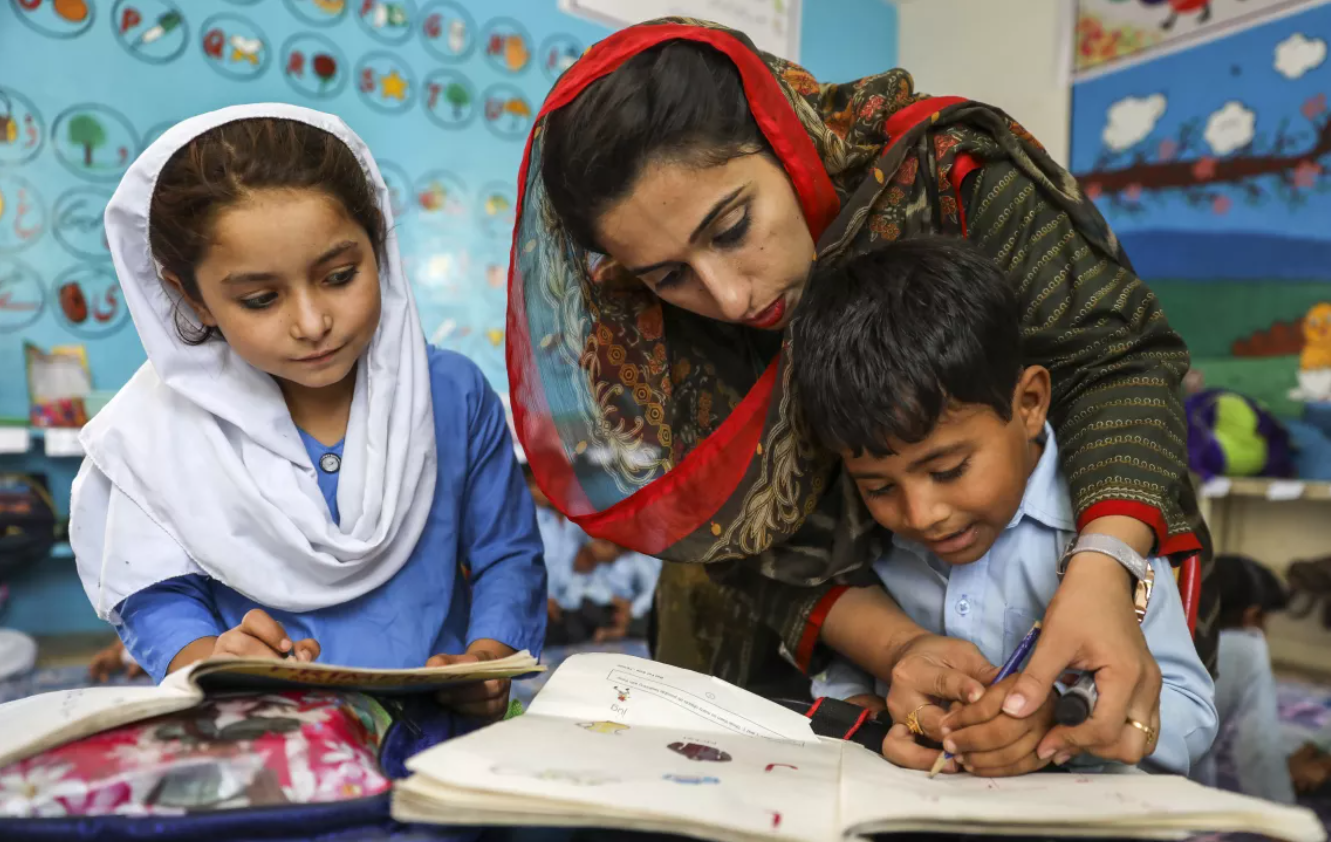
However, this has caused linguistic tensions between different ethnic groups in the country. To resolve the issue, English was designated as the official language, serving as a neutral medium between these disputes, according to a study in the Journal of Interdisciplinary Insights.
Although the 1973 Constitution designated Urdu as the national language, Article 251 allowed the use of English for official purposes, particularly in the judiciary and legislative assemblies.
This meant that English was kept as an official language alongside Urdu to facilitate communication between provinces and ensure continuity in government operations. This decision laid the foundation for English's status as an elite language in post-colonial Pakistan.
As economic globalization advances, the Pakistani government continues to prioritize English education to bridge the gap between social classes. However, in September 2015, the Supreme Court of Pakistan declared that the official language would revert to Urdu, in accordance with the 1973 Constitution.
Many students study for 14 years but still do poorly.
The current English policy in Pakistan is characterised by its practicality. The government is working to make English more accessible to all, especially in the education system, to increase the use of the language in everyday life and create opportunities for the younger generations.
In the Pakistani education system, English is taught as a compulsory subject up to university level. However, the quality and accessibility of English education varies significantly across different socioeconomic groups.
A major reason for the low level of English proficiency in Pakistan is the uneven distribution of quality education. English medium schools offer better curricula but are limited to urban centres and wealthy families, leaving a large segment of the population without adequate exposure to English.
Private schools mainly cater to middle-class families and the urban elite, offering high-quality English language instruction. Graduates from these schools often have better career prospects.
In contrast, public schools, especially in rural areas, teach in Urdu or local languages, with English being considered only as a secondary subject. Students in these establishments often receive inadequate English instruction, limiting their ability to achieve communicative proficiency.
Thus, despite having studied English for more than 14 years, the majority of students from non-elite schools still lack the skills needed to pursue higher education and develop their careers, as shown in the Journal of Education and Educational Development.
In addition, the Pakistani education system often emphasizes reading and writing skills in English, with little emphasis on developing listening and speaking skills. This results in students being able to read and write in English but having difficulty speaking and speaking fluently.
Many students graduate with memorized grammar rules but lack the confidence to engage in English conversations.

Source: https://vietnamnet.vn/quoc-gia-co-hon-108-trieu-nguoi-noi-tieng-anh-nhung-trinh-do-van-thap-2337102.html










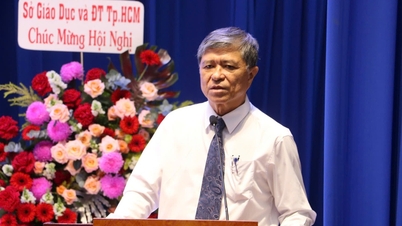











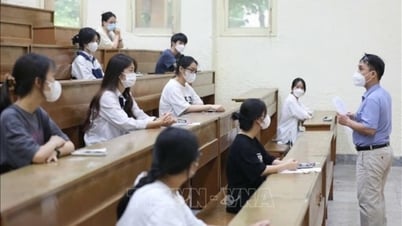







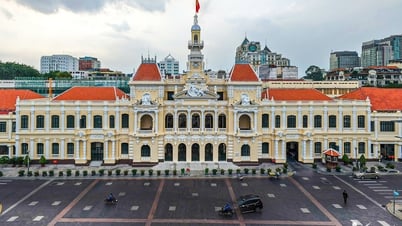
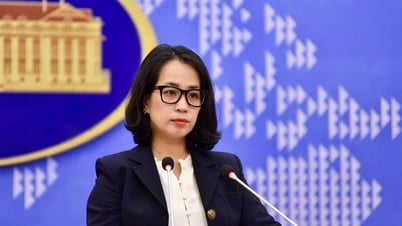




![[Photo] Thousands of Buddhists wait to worship Buddha's relics in Binh Chanh district](https://vphoto.vietnam.vn/thumb/1200x675/vietnam/resource/IMAGE/2025/5/3/e25a3fc76a6b41a5ac5ddb93627f4a7a)






























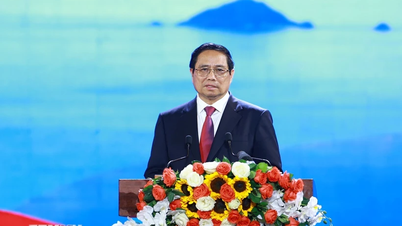

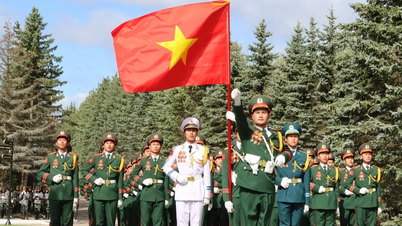
















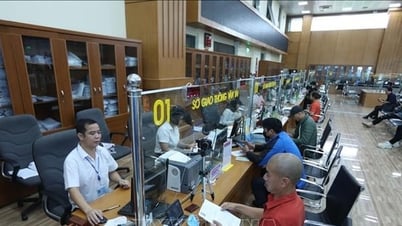













Comment (0)